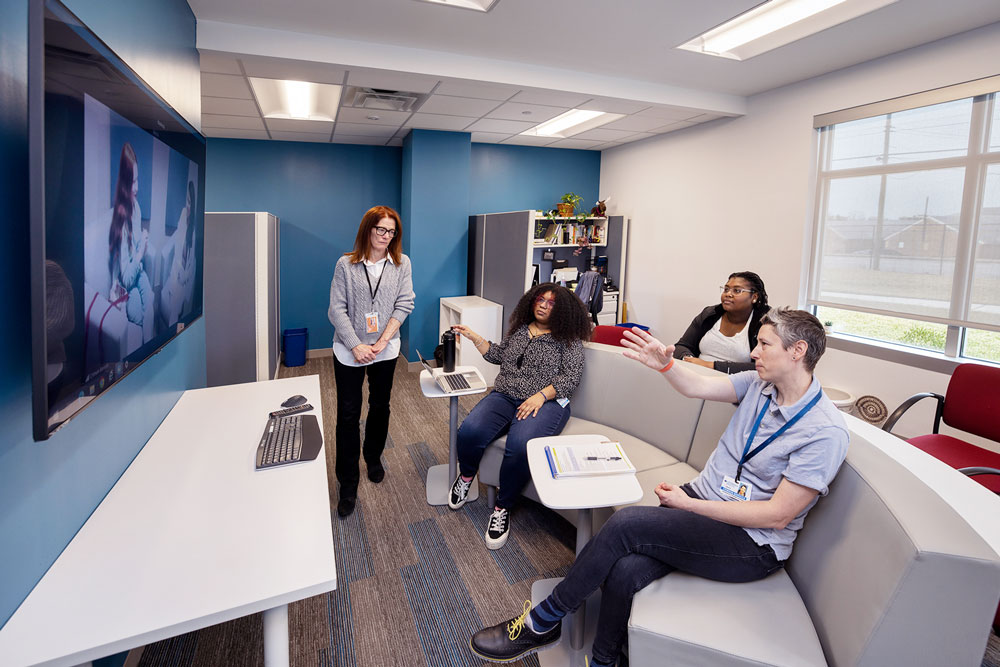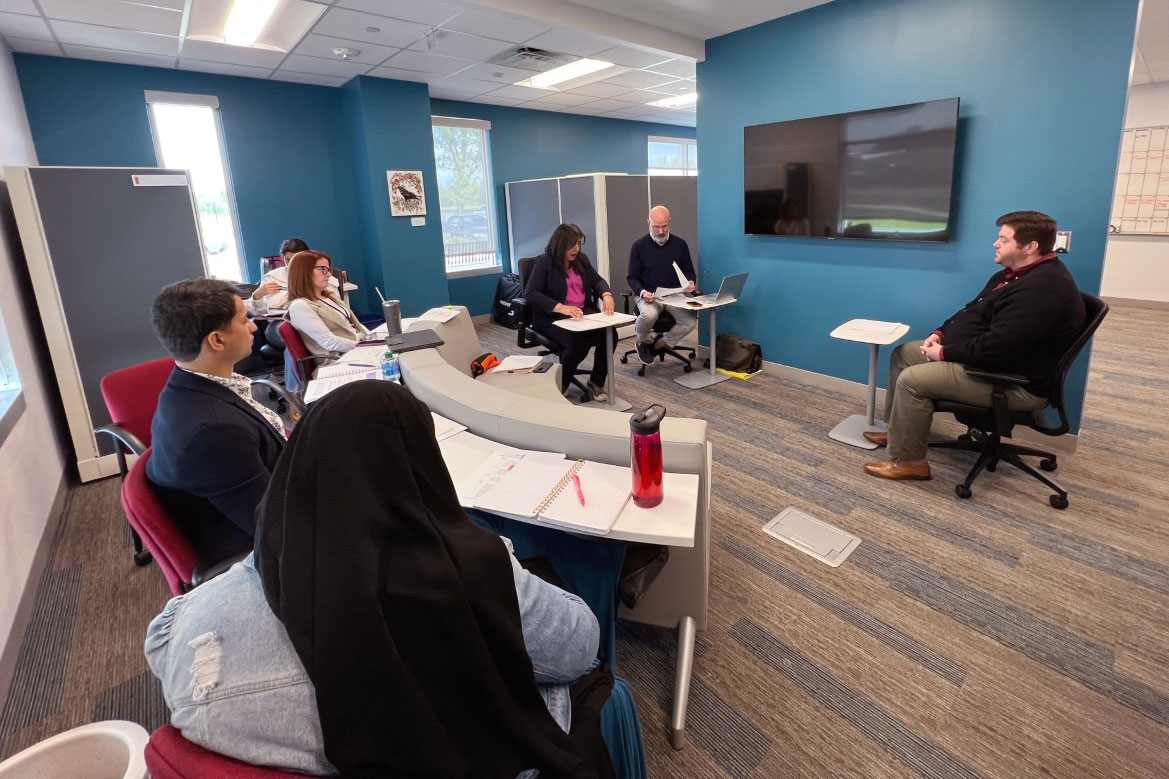About Us
Who We Are
FIRE bridges the gap between forensic interview research and practice by engaging in partnerships with researchers and expert practitioners alike. The department engages in forensic interview research and educates forensic interviewers and other professionals nationally on how to obtain both reliable and exhaustive information from children and adults. FIRE teaches best practices from a multi-disciplinary collaborative, culturally competent, research and trauma informed perspective. We give professionals the tools and resources necessary to maintain a high level of practice in the field and to transition competently and confidently to the courtroom.
What We Do
FIRE provides legal expert testimony, consultation, and review in civil and criminal matters. Expert topics include forensic interviewing, child maltreatment, child sexual abuse dynamics including delayed disclosure and grooming behavior. FIRE staff are available for consultation regarding interviewing best practice techniques on a broad range of topics, tele-forensic interviewing and forensic interview policy/procedure.
We provide these services both locally and nationally.
Partnerships: Research to Practice
FIRE is currently engaged in a partnership with Montclair State University in New Jersey. Montclair faculty conduct research on children’s testimony at “The Talking Lab,” where they work to develop strategies for questioning children that elicit their most accurate account. Montclair and FIRE staff work to inform each other in research and practice via routine communication and a current project to learn about children’s reactions and behavior in tele-forensic interviewing. FIRE staff are currently using a survey format to debrief with children following their forensic interview. FIRE is tracking data regarding tele-forensic interviews by transcribing children’s debrief responses, looking at disclosure rates, length of interview and pausing, while comparing those to face-to-face interviews. We are hoping to learn more about tele-forensic interviewing as a tool beyond the COVID-19 pandemic.
Forensic Interview Toolbox
FIRE maintains a current and nationally approved forensic interview guideline, Forensic Interview Toolbox (FIT) that is associated with a 35-hour curriculum. FIT is structured to help interviewers understand and access all of the best practice methods available to the field of forensic interviewing with children and vulnerable adults. In recent years, research in the field of forensic interviewing has been published at a rapid rate. This expansion in the field allows interviewers to refer to a wide range of best practice methods to obtain both accurate and complete narratives from witnesses (including victims) of not only sexual abuse, but a myriad of other crimes. Previously, adherence to a specific interview protocol was prudent; today interviewers are being encouraged to familiarize themselves with ongoing research, a variety of interview approaches and best practice guidelines, all of which are the basis for FIT.

Peer Review
Another goal of FIRE is to assist forensic interviewing professionals to adhere to best practice techniques by participating in routine peer interview and literature review. This process provides participants with feedback about their practice from an expert and incorporates discussion around current updates to best practices. FIRE provides both routine peer review of recorded interviews and practice interviews conducted with actors to professionals locally and nationally.
- For FIT graduates, one peer review session is offered annually at no charge.
- Free peer review session provided annually to interviewers trained in any model or protocol.

Legal Trainings
Because legally defensible practice is integral to forensic interviewing, FIRE offers a wide range of courses that help professionals prepare to confidently testify in court. Mock trials led by experts in legal and forensic interviewing lead participants through direct and cross examination exercises. The goals of the training are to build competence in explaining evidence-based practice and to learn how to respond with control and confidence in the courtroom. Individual and small group coaching is also provided by a legal and forensic interview expert team on building testimony skills.
Forensic Interview Techniques
FIRE additionally teaches a broad range of forensic interview topics to professionals primarily in forensic contexts. FIRE uses a combination of interactive lecture, real interview examples, demonstration of technique and focused small group practice with actors. Class materials in the form of structured written guidance are provided to participants to bridge training to practice as well as guidance around how to proceed in the courtroom.
Customizable Education Programs
The FIRE team can provide a custom education program tailored to your organization’s needs. Topics may include:
- Question Types in the Forensic Interview
- Peer Review (How-To)
- Interviewing: Special Populations
- Interviewing Caregivers
- Memory & Suggestibility
- Dynamics of Sexual Abuse
- Interviewing Preschoolers
- Interview Mistakes & Moving Forward
- Culturally Competent Interviewing & the Spanish-Speaking Community
- Forensic Interview Research Updates
- and more
Other Key Accomplishments
- FIT curriculum recognized by NCA as a nationally approved forensic interview model that meets forensic interview accreditation standards (2019)
- Immediate transition to tele-forensic interviews for Center for Hope during COVID-19 lockdown orders (March 2020)
- Conducted first FIT virtual training in Spanish for Puerto Rico (June 2020)
- Conducted first FIT virtual training outside the United States (Guyana, January 2021)
- Established research partnership with Montclair State University (February 2021)
- Conducted FIT virtual training for the Asia Foundation – Mongolia (February 2023)